Peter Has Foot-in-Mouth Disease
We all have experienced cases of foot-in-mouth disease, but it seems that Peter has a severe case.
There are several instances of Peter talking (or acting) before thinking.

There was the time when Peter, James and John are with Jesus on the mount of transfiguration.
While Jesus was praying, “the appearance of his face changed, and his clothes became as bright as a flash of lightning. Two men, Moses and Elijah, appeared in glorious splendor… Peter and his companions were very sleepy, but when they became fully awake, they saw his glory and the two men standing with him. As the men were leaving Jesus, Peter said to him, “Master, it is good for us to be here. Let us put up three shelters—one for you, one for Moses and one for Elijah.” (He did not know what he was saying.)” (Luke 9:28-33)
Then there was the time when the disciples went ahead in the boat and saw Jesus walking on the water.
“When the disciples saw him walking on the lake, they were terrified. “It’s a ghost,” they said, and cried out in fear.
But Jesus immediately said to them: “Take courage! It is I. Don’t be afraid.”
“Lord, if it’s you,” Peter replied, “tell me to come to you on the water.”
“Come,” he said.
Then Peter got down out of the boat, walked on the water and came toward Jesus. But when he saw the wind, he was afraid and, beginning to sink, cried out, “Lord, save me!”
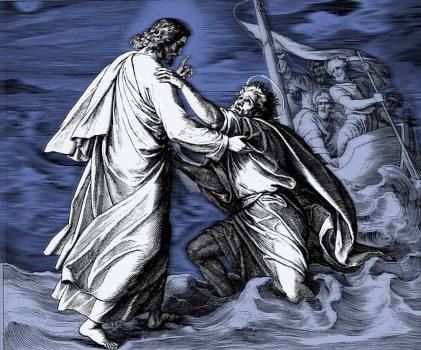
Immediately Jesus reached out his hand and caught him. “You of little faith,” he said, “why did you doubt?” (Matthew 14:22-31)
And don’t forget the time when the disciples are eating their last meal with Jesus, and He tells them that they will all deny him before the night is over.
“This very night you will all fall away on account of me, for it is written:
“‘I will strike the shepherd, and the sheep of the flock will be scattered.’
But after I have risen, I will go ahead of you into Galilee.”
Peter replied, “Even if all fall away on account of you, I never will.”
“Truly I tell you,” Jesus answered, “this very night, before the rooster crows, you will disown me three times.”
But Peter declared, “Even if I have to die with you, I will never disown you.” (Matthew 26:31-35) And we talked about Peter’s denial last week.
Peter was Peter and even with his mistakes he would continually come back and ask for forgiveness.
And then Jesus was crucified before he had a chance. This left Peter broken and lost so he went back to what he knew…fishing.
After Jesus’ crucifixion and appearances His followers were left not knowing what to do. Then while they were fishing on the Sea of Galilee this happened.
Several of the disciple were fishing and not having any luck when a man on the beach asks if they’ve caught any fish. They replied that they hadn’t.
Then he said, “Throw out your net on the right-hand side of the boat, and you’ll get some!” So they did, and they couldn’t haul in the net because there were so many fish in it.
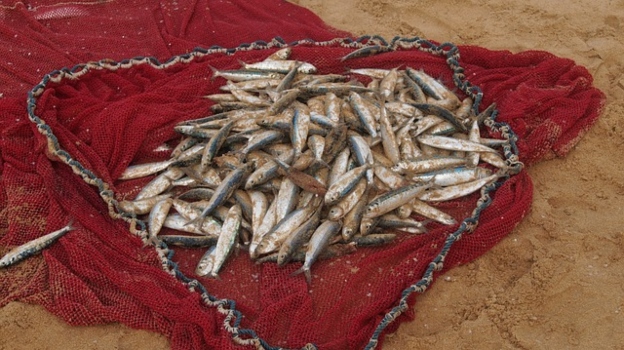
Then one of the disciples said to Peter, “It’s the Lord!” When Simon Peter heard that it was the Lord, he jumped into the water, and headed to shore. When the others got there, they found breakfast waiting for them—fish cooking over a charcoal fire, and some bread.
“Bring some of the fish you’ve just caught,” Jesus said. So Simon Peter went aboard and dragged the net to the shore. (John21:1-14)
After breakfast Jesus asked Simon Peter, “Simon son of John, do you love me more than these.”
“Yes, Lord,” Peter replied, “you know I love you.”
“Then feed my lambs,” Jesus told him.
Jesus repeated the question: “Simon son of John, do you love me?”
“Yes, Lord,” Peter said, “you know I love you.”
“Then take care of my sheep,” Jesus said.
A third time he asked him, “Simon son of John, do you love me?”
Peter was hurt that Jesus asked the question a third time. He said, “Lord, you know everything. You know that I love you.”
Jesus said, “Then feed my sheep. (John21:15-17)
I find it interesting that Jesus asked this question of Peter three times. This is the same number of times Peter denied knowing Him.
In John 6:22-70, Jesus is telling the people the commitment it was going to take to be one of His followers and people began to leave. Then His disciples were complaining, and Jesus ask the Twelve, “Are you going to leave?”
And Peter replied, “Lord, to whom would we go?
You have the words that give eternal life. We believe, and we know you are the Holy One of God.”
This is really what it all comes down to. No matter how many times we mess up or what we do, Jesus will forgive us because…
To whom else could we go?
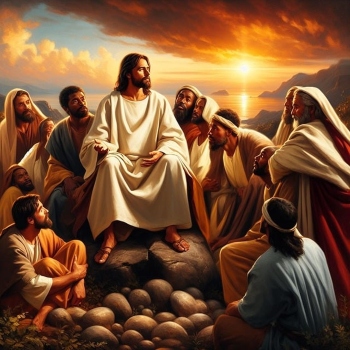




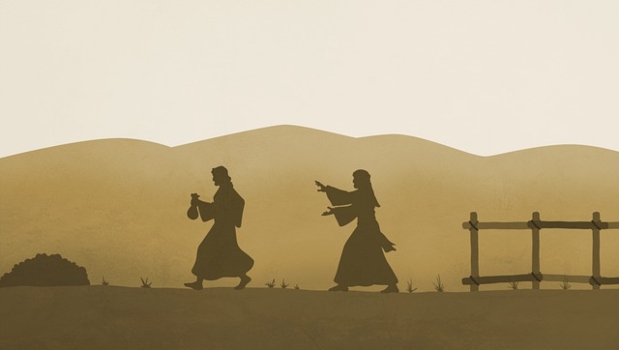


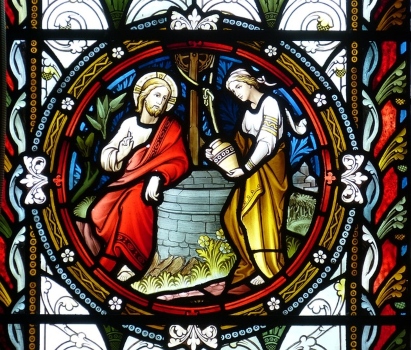
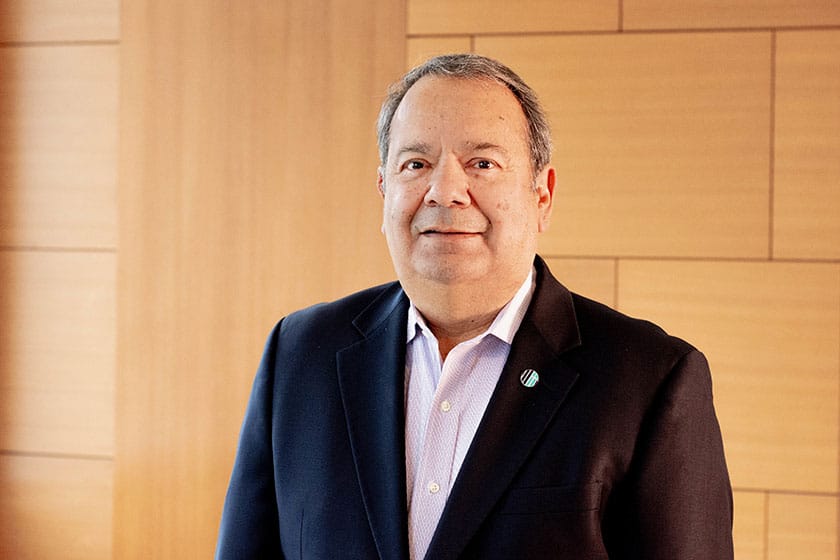


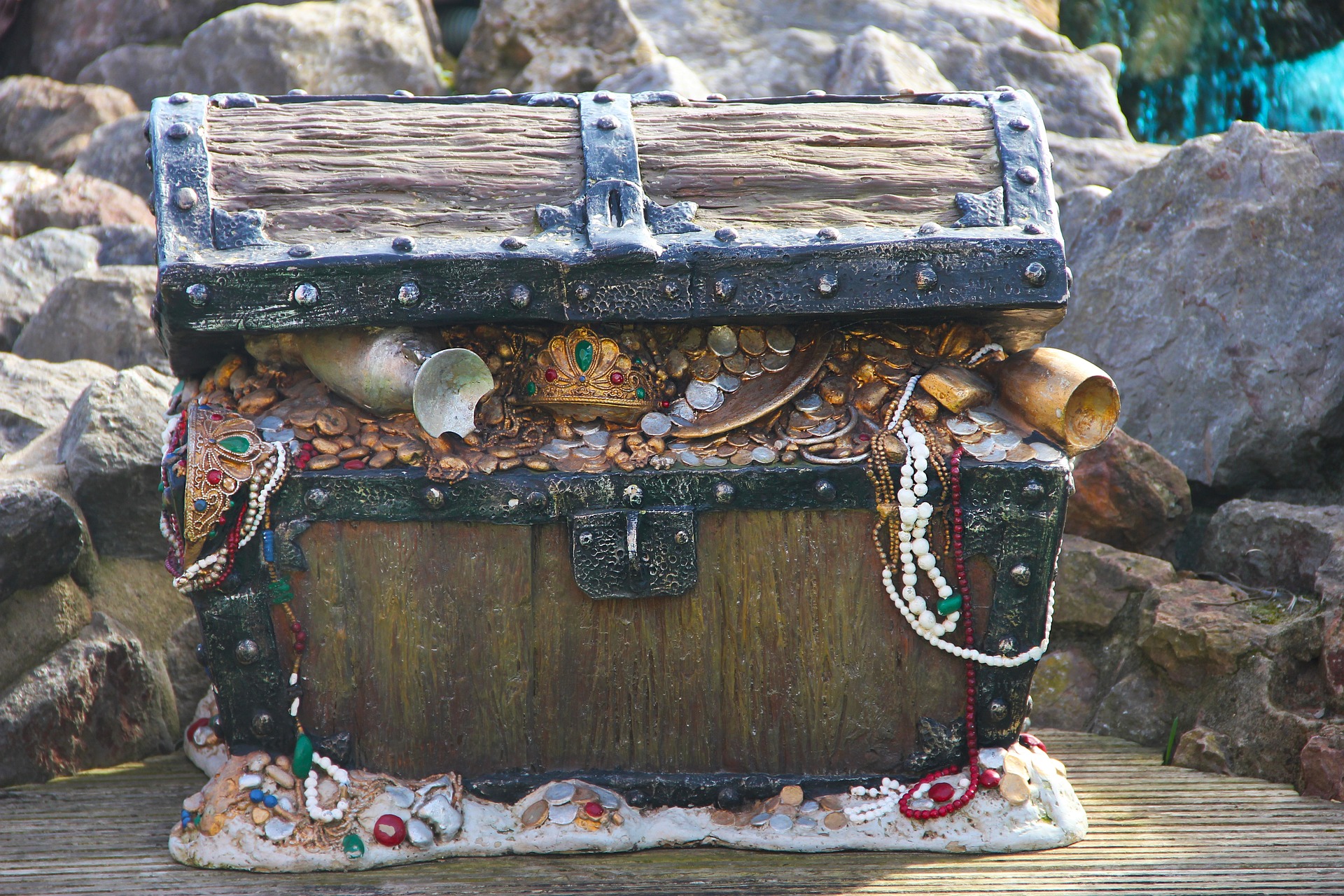

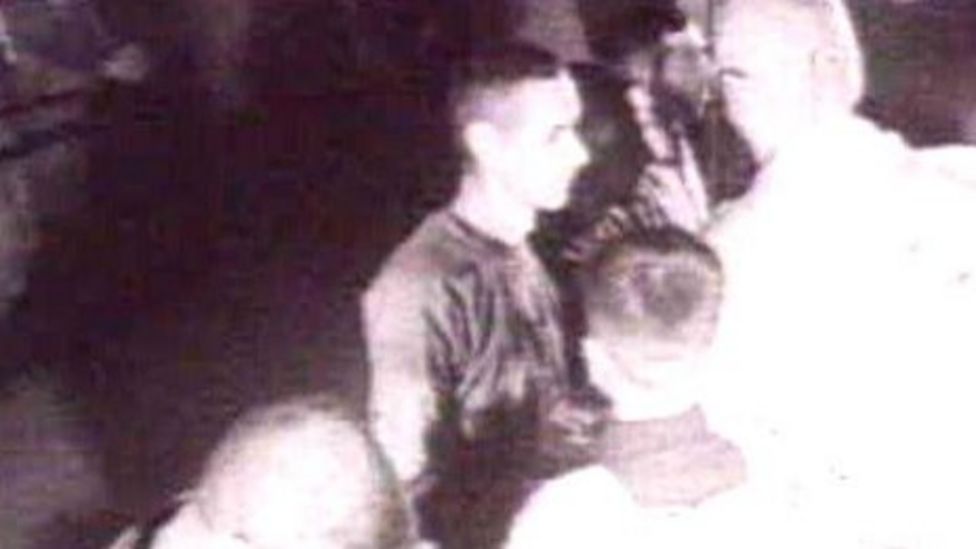
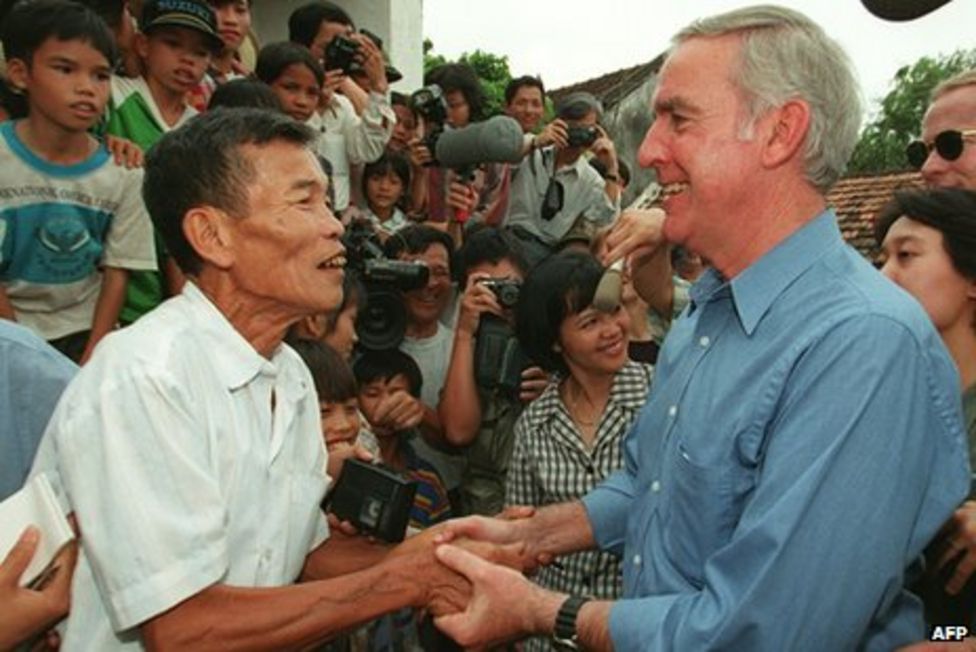

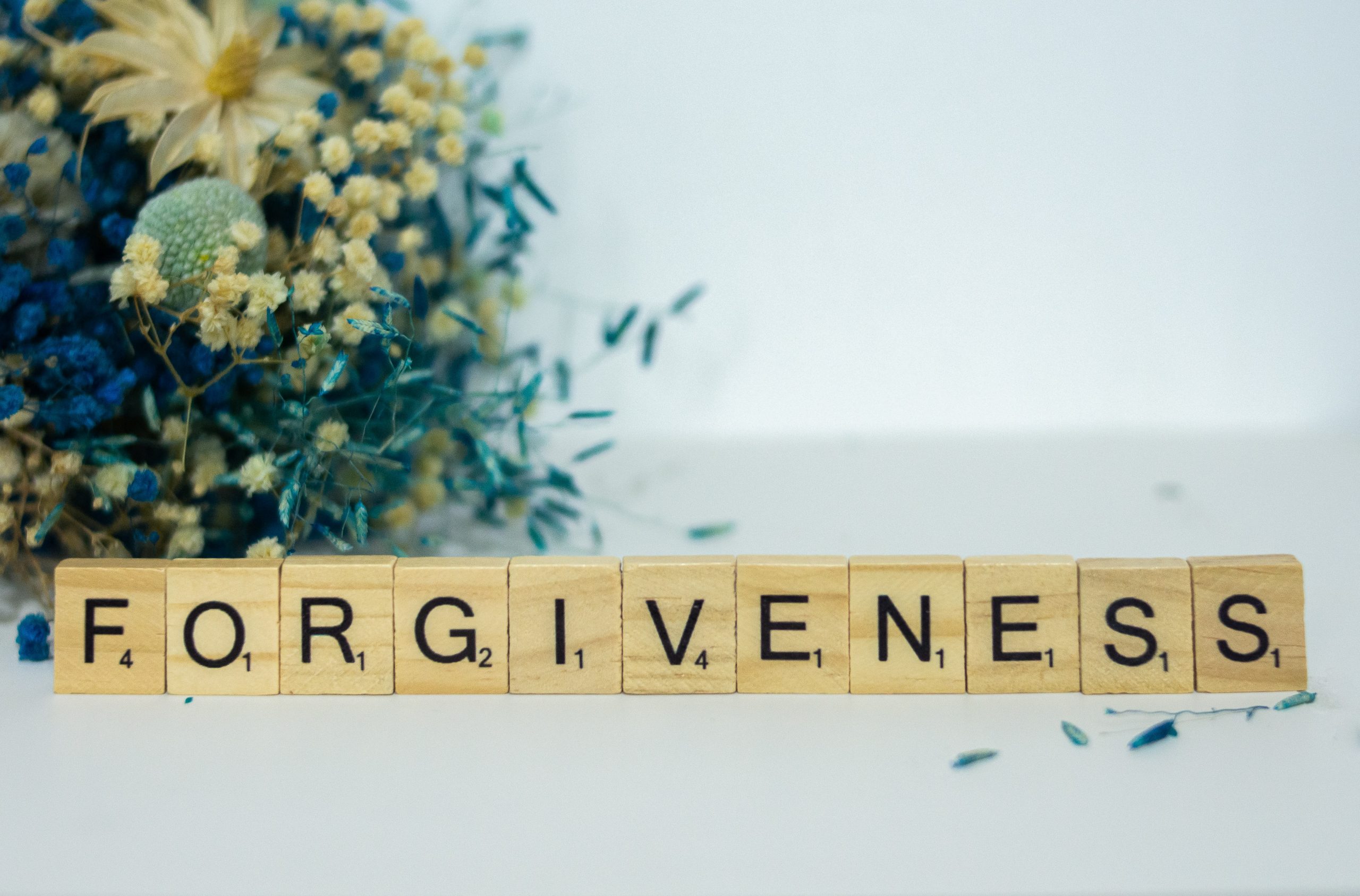


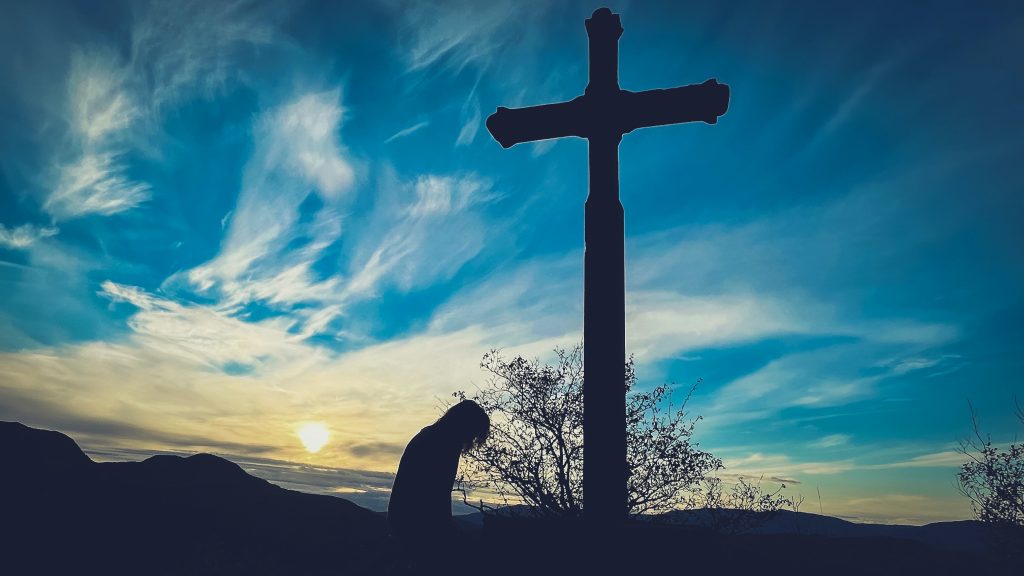
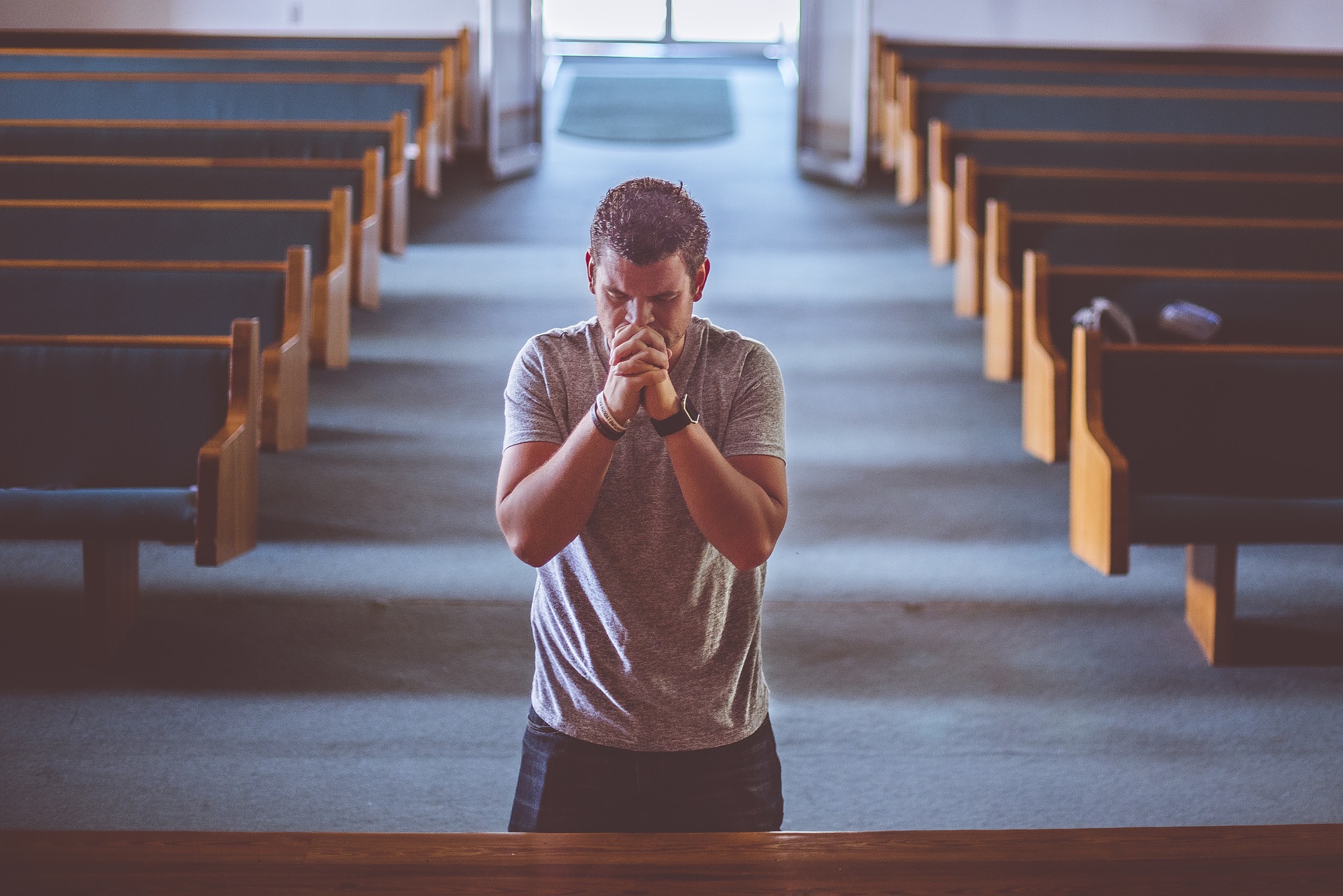
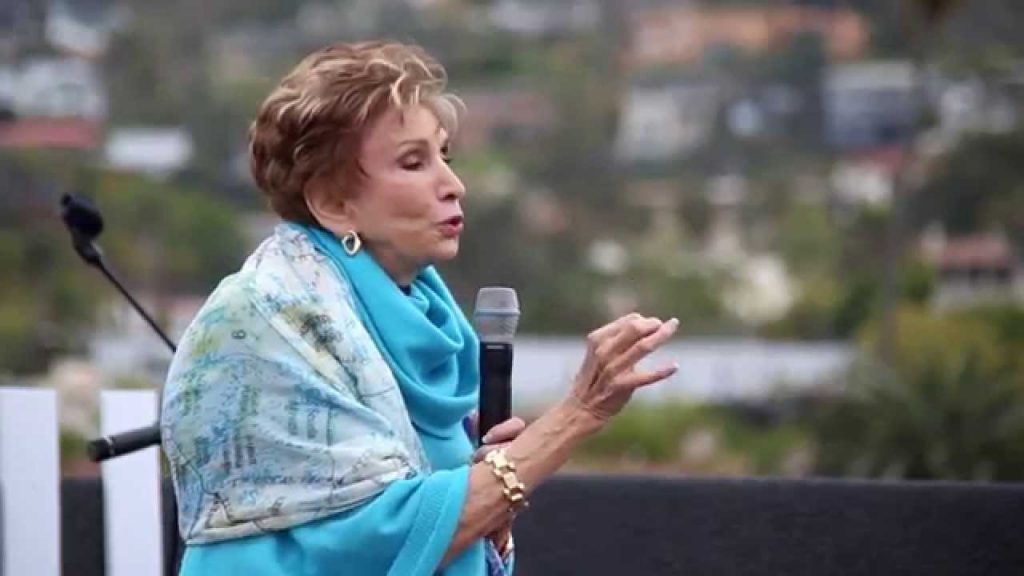


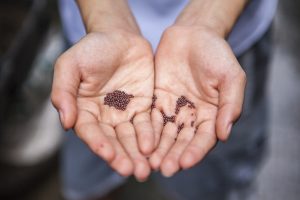
 Imagine yourself at a circus watching all the amazing trapeze artists and high wire acts. After the tight rope walker goes across the high wire the ring master asks the crowd if they would like to see him ride a bicycle across. Everyone applauds and says yes. Next the ring master asks if they would like to see him go across with someone riding on his shoulders. The applause and screams are louder than before. Then the ringmaster asks…who will volunteer to be that person? The crowd instantly is quiet. Oh, ye of little faith.
Imagine yourself at a circus watching all the amazing trapeze artists and high wire acts. After the tight rope walker goes across the high wire the ring master asks the crowd if they would like to see him ride a bicycle across. Everyone applauds and says yes. Next the ring master asks if they would like to see him go across with someone riding on his shoulders. The applause and screams are louder than before. Then the ringmaster asks…who will volunteer to be that person? The crowd instantly is quiet. Oh, ye of little faith. We only need to believe a mustard seed amount for miracles to happen. It’s sad how many people don’t even have this much faith. God will never expect us to do more than we can. The problem is that we don’t believe. There are examples of amazing things all around us if we will just look. The more we believe in God and ourselves the bigger the miracles will be.
We only need to believe a mustard seed amount for miracles to happen. It’s sad how many people don’t even have this much faith. God will never expect us to do more than we can. The problem is that we don’t believe. There are examples of amazing things all around us if we will just look. The more we believe in God and ourselves the bigger the miracles will be.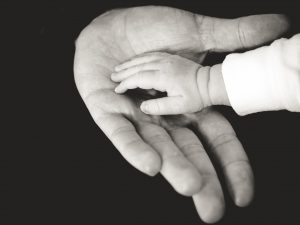 We are made in God’s image but live in a fallen world. It is hard to see through the haze of the fallen world to the miracles that happen. In the story of the mulberry tree above, it says, if you have faith, it will obey you…it doesn’t say anything about seeing it.
We are made in God’s image but live in a fallen world. It is hard to see through the haze of the fallen world to the miracles that happen. In the story of the mulberry tree above, it says, if you have faith, it will obey you…it doesn’t say anything about seeing it.